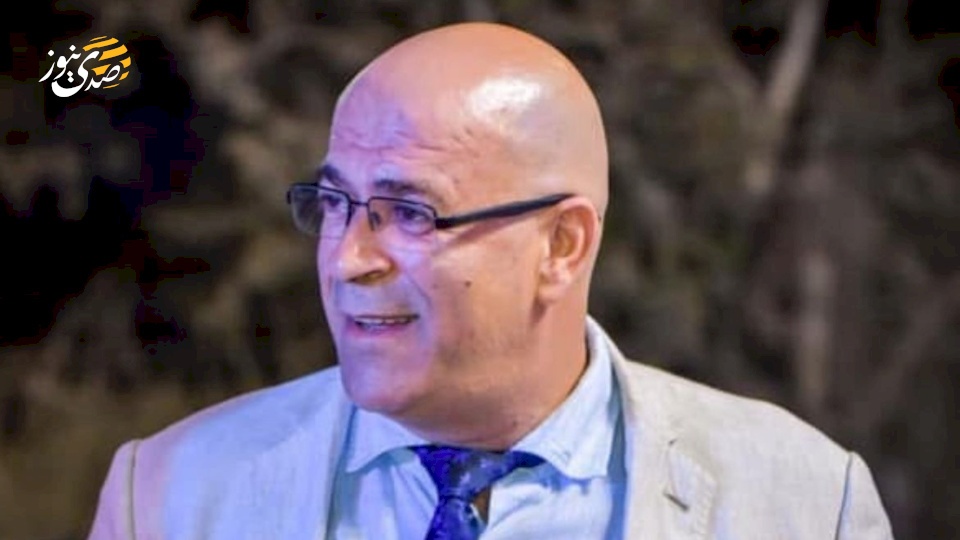
Abu Ammar... The Idea That Did Not Die
On the anniversary of his departure, we do not mourn Yasser Arafat but rather invoke the memory of an entire nation. The man was not just a political leader but a state of collective consciousness, an idea that flows in the veins of Palestinians as rivers flow in their valleys. Abu Ammar was more than a name, more than a black and white keffiyeh; he was the face that resembled the land and the voice that resembled the gun when it sings for life.
He believed in God as he believed in his people and thought that faith, if it does not turn into action for freedom, is incomplete. One day he said: "My faith is deep in God, and my faith is deep in my people, in the Arab and Islamic nation, and in all the free people of the world." His words were not just a slogan; they were a roadmap for a stubborn Palestinian dream that outlined the features of struggle and illuminated the paths of revolution in the darkness of exile and occupation.
He saw in the revolution a beating heart more than he saw it as a noisy gun and said: "It is not a gun. If it were a gun, it would be a highway robber; but it is the pulse of a poet, the brush of an artist, the pen of a writer, the grip of a surgeon, and the needle of a girl sewing her fighter’s shirt." Thus, Arafat transformed the revolution into life, struggle into culture, and resistance into a profoundly rooted human act.
Arafat did not hide behind titles nor did he address people from high towers; he was always among his people, walking in the camp as he would in the palace, sharing their food and dreams, drawing from their faces an unending patience. He was the leader who said: "Do not chant for me but chant for Palestine," and when people chanted his name, he would respond with a smile that said it all: "I am one of you, and for you, I live."
His keffiyeh was not just a headpiece but a flag of a homeland that fluttered over his shoulders. He carried it in every gathering to tell the world: This is Palestine, and this is its identity that does not break. It entered every Palestinian home and every Arab memory until it became a global symbol of freedom.
Arafat was not alone on the path of revolution; he surrounded himself with a generation of greats: Abu Jihad, Abu Iyad, Saad Sayel, Majed Abu Sharar, and others from the storm's children who made the glory of the revolution with dream and blood. With them, the idea grew, the national project took root, and the flag was raised every time the wind tried to drop it.
He believed in Jerusalem as a believer believes in his prayers, and he said it clearly as the sun: "Jerusalem is the eternal capital of the State of Palestine, and if anyone does not like it, let them drink from the sea of Gaza." This was not just a challenge but a declaration of identity and right, a charter that does not fall with time. He insisted that the right of return is not a gift from anyone but a promise of blood to the martyrs and the land. He said it with a strength that knows no compromise: "No one has the right to waive your right to return to your homes."
In moments of despair that the revolution went through, Abu Ammar would rise like an olive tree after the storm and say with unwavering confidence: "Your revolution was created to stay and will triumph, whether the time is long or short." When he prophesied that a cub from our cubs or a flower from our flowers would raise the flag of Palestine above the churches of Jerusalem and its minarets and walls, he was not dreaming; he was seeing with the insight of one who knows that a dream, if sincere, becomes destiny.
He was a human before a leader and was laughing despite all the sorrows. In his jokes, he hid the pain of the camp, and in his smile, there resided a long history of siege and betrayal. Yet, he did not know defeat but taught us that the revolution does not die and that the homeland is not forgotten.
The body departed in a sorrowful October, but the idea remained walking among us. The keffiyeh remained, the voice remained, and the belief that Palestine will return remained. The leader who lived for Palestine cannot die because he was not a fleeting human but the conscience of an entire nation.
Peace be upon you, Abu Ammar, on your ever-youthful memory and your presence that never fades. Peace to the man who transformed dreams into a methodology, the catastrophe into a rise, and despair into a promise of freedom. Peace to the idea that did not die.

While some count the boos, Palestinians count their martyrs.. Paradoxes of the internation...

When the Palestinian Issue is Reduced to Gaza Management

Legally Licensed Occupation

The Absence of the Palestinian Representation and the Bet on Time

Palestine: When the Criminal is Declared a 'Peace Maker'

Don't Blame the Palestinian People for the Failures of Your Regimes and Ideologies

The Flood of Settlement and Displacement in the West Bank

